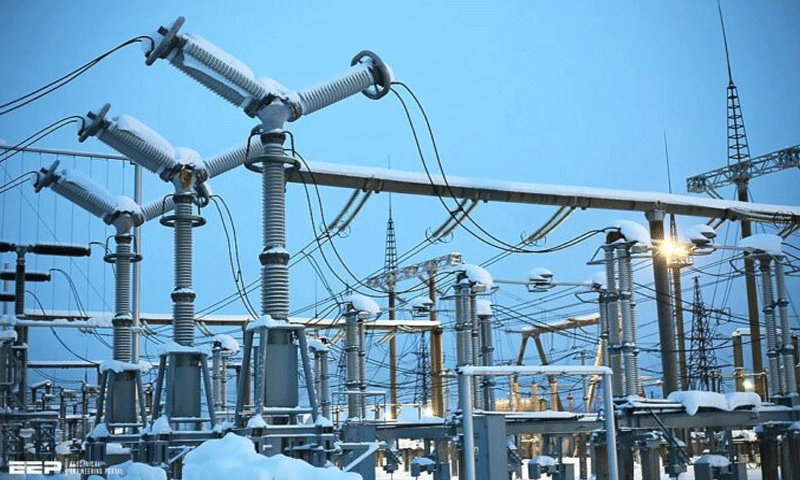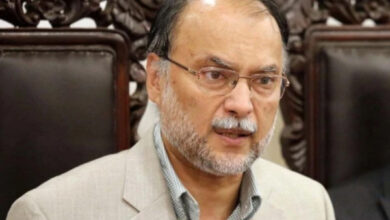Pakistan Government Negotiates New Deals with IPPs to Lower Electricity Bills

Across the country, domestic and industrial consumers are grappling with high electricity bills, primarily due to agreements made with Independent Power Producers (IPPs). These agreements require the government to pay billions of rupees in capacity charges to these IPPs, with additional charges being passed onto consumers.
In response to this issue, Prime Minister Shehbaz Sharif formed a task force under the leadership of his Energy Advisor, Mohammad Ali, to review and renegotiate these agreements to reduce the per-unit cost of electricity. According to Minister for Energy, Owais Leghari, negotiations with IPPs are expected to be completed within two months. As of June 2024, the rate for electricity to industries has already dropped by 11 rupees per unit, and Prime Minister Sharif is expected to announce a reduction in electricity prices for the public in April.
The task force has been in ongoing negotiations with wind and solar IPPs, and as of now, they have successfully canceled agreements with six IPPs, meaning no capacity charges will need to be paid to them. Agreements with 14 other IPPs have been renegotiated, with lower charges agreed upon. Additionally, nine bagasse-based IPPs have signed new contracts.
Minister Leghari also stated that negotiations have taken place with foreign IPPs, and talks with Chinese companies are still ongoing. During these negotiations, foreign diplomats pressured the government not to take such actions with plant investors, warning that it could harm investor confidence. However, the Prime Minister instructed the task force to prioritize lowering electricity prices through new agreements.
The final decision on how these new agreements will affect electricity bills for consumers will be made by the National Electric Power Regulatory Authority (NEPRA). Following negotiations with 29 IPPs, the task force has submitted a petition to NEPRA requesting a reduction in prices based on the new agreements. NEPRA will assess the savings from each plant and determine the overall price reduction.
The Ministry of Energy states that Pakistan currently has a total of 104 IPPs with a combined capacity of 38,000 MW. Of these, six IPPs with a total capacity of 2,800 MW have had their agreements canceled, and 14 IPPs with a combined capacity of 3,200 MW have reached new agreements. The nine bagasse-based IPPs contribute 230 MW. Additionally, government-owned IPPs have a capacity of 21,000 MW, and negotiations are ongoing with IPPs contributing 15,000 MW. Negotiations with 44 wind and solar IPPs are also underway, with the process expected to conclude by April or May, leading to new agreements.






